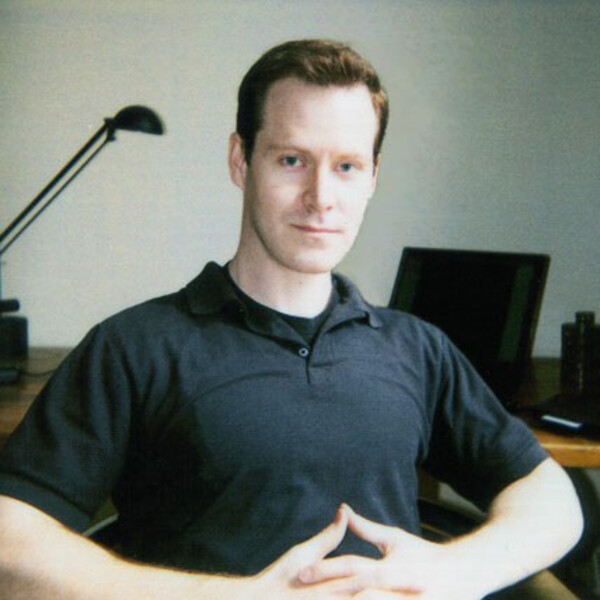Douglas Tweed
PhD, MD

Research Synopsis
Keywords: Adaptive systems, Control Systems, Mathematical Modeling, Computer Simulation, Brain, Central Nervous System, Control of Movement, Learning, Motor Control, Movement Disorders, Neural Networks and Dynamics, Neuronal Plasticity, Neurophysiology, Sensory Systems
Detailed Description:
Some recent projects:
My student Mohamed Abdelghani found a flaw in previous theories of motor learning: they imply that control can never recover after lesions that reverse the signs of certain quantities called sensitivity derivatives. We pointed out that people do recover from such reversals (e.g. nerve transpositions), and we devised a mechanism to explain how.
Engineers have developed powerful controllers based on the so-called generalized Hamilton-Jacobi-Bellman equation, but these use a form of communication not available to neurons. Lak Chinta Venkataswararao and I showed how they can be adapted to work in the brain.
Current theories assume that learning requires synaptic change, but Kristen Fortney and I proposed an alternative mechanism based on reverberating loops of electrical activity. Using simulations, we showed that loops can learn control tasks in less time than synaptic algorithms, and with exponentially fewer neurons.
METHODS USED
Procedures: Behavioral tests, mathematical modeling, computer simulations.
EQUIPMENT USED
Mathematical modeling, computer simulations.
PRESENT COLLABORATIONS
Outside the Department of Physiology:
Agnes Wong, Ophthalmology and Vision Sciences
Recent Publications
http://www.ncbi.nlm.nih.gov/pubmed/23700129
Appointments
Physiology/Medicine
